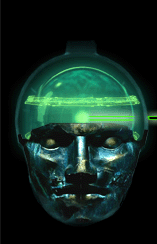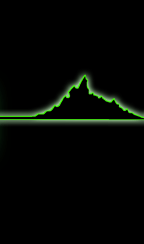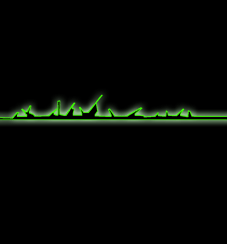
Many films of the science-fiction genre, pursuing the development of dystopic cities, find a central theme of nature and technology meeting, conflicting or even fusing into new forms. This common theme finds itself exemplified in the layered structures that compose the dystopic cities portrayed in these films.
The striking similarity between many of the images in these films, prompts one to pursue commonalities in the conception and construction of the portrayed dystopic cities. This leads to an understanding of the 'Anatomy of Dystopia', wherein the basic infrastructures of the city (City Below, City Above, Outer Realms) provide the environment in which the mediators, governments or controlled and controllers (Seats of Power) can act upon the cities' inhabitants (Sensory Beings, Flesh and Form, and Inner Realms). Arguably, it is the combination of the civilians with the cybernetic built architectures that form these cities as an amalgamted whole. What arises from the hybrid realms of nature and technology, then, are further unisons of 'being' and 'city'.
It is within this parallel hybridization of technology and biology, and of human being and metropolis, that the feared dystopia is created. Our contemporary condition, however, sees the amalgamation of biological nature and synthetic technology everyday, in both physical prostheses, and synthetic operations that immitate natural processes. Thus, we push forward with this procedure of hybridization, while also generating great anxiety and fear of what might emerge, and who we will become.
Links to Films:
The Matrix Trilogy
Metropolis (Animated)
References:
Dietrich Neumann, editor. Film Architecture: Set Designs from Metropolis to Blade Runner.
Prestel, 1999.
Shay, Don. Blade Runner: The Inside Story. London: Titan Books, 2000.











HOME UW School of Architecture – Jonah Humphrey